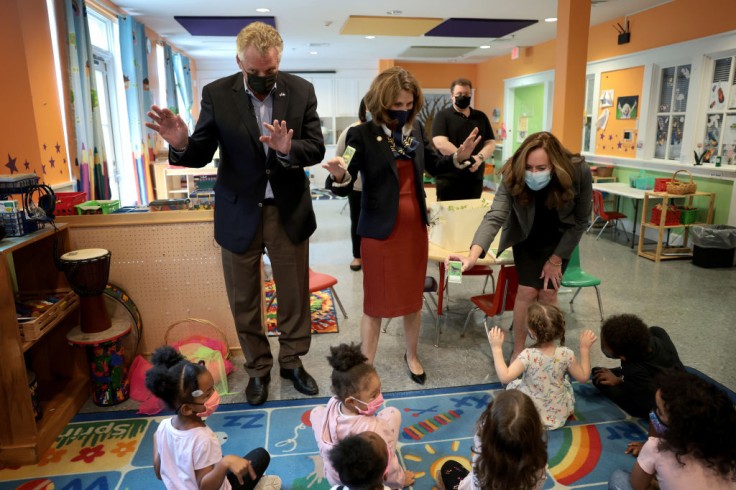
Recent research reveals that of the nearly one million child care workers in the United States, one out of every three experienced food insecurity or lack of consistent access to enough food last year, The Conversation reported.
In Washington and Texas, one study found that 42 percent of child care workers experienced food insecurity, while 20 percent were experiencing very high food insecurity, which means a person has reduced quality and variety of diet. When high food insecurity happens, people have disrupted eating patterns and reduced food intake.
What happens if there is food insecurity
Food insecurity leads to increased chances of having poor health. Usually, it is associated with conditions like arthritis, hypertension, diabetes, asthma, depression, and other chronic diseases. The low wages and food insecurity causes high-stress level among these workers. Consequently, when child care workers are stressed, they tend to have reduced attention to children. It also increases their inadequate responses to children who are expressing challenging behavior.
Causes of food insecurity
A child care worker's wages are low, with a median hourly rate of $12.24 per hour, earning a little more than fast food workers who are paid $ 11.64 per hour.
Child care workers who have a degree and specialized training are also paid $12.24 per hour or around $25,000 a year. The figure is below the federal poverty rate for a family of four which was $25,750 in 2019.
The low wages meant that more than 53 percent of child care workers from 2014 to 2016 got public assistance, including Supplemental Nutrition Assistance Program, Medicaid, and the Children's Health Insurance Program.
Other states tell a different story. In Iowa, child care workers earn as little as $8 to $10 an hour. In Indiana, child care workers earn $22,790 annually.
Child care workers with a bachelor's degree earn as much as $14.70 per hour, which is still way below the average earnings of others with a bachelor's degree, which is $27 per hour.
Impact of lack of child care
Statistics show that nearly all US child care workers are women, and half of the people there are people of color. Child care workers are crucial in giving early childhood education to children up to five years.
As of December, statistics show that the child care sector is rapidly losing employees, even as the economy and labor market are improving.
But unlike companies across the country that have resorted to sign-in bonuses and incentives to encourage recruitment, the child care sector lags.
Most of its position for child care does not offer benefits, and many rely on workers, and many government workers rely on government subsidies to survive.
Policymakers have recently focused on child care workers' wages. The proposed Build Back Better legislation would raise payment rates to meet the cost of care of children from birth to five years old. The cost of care would also cover wages.